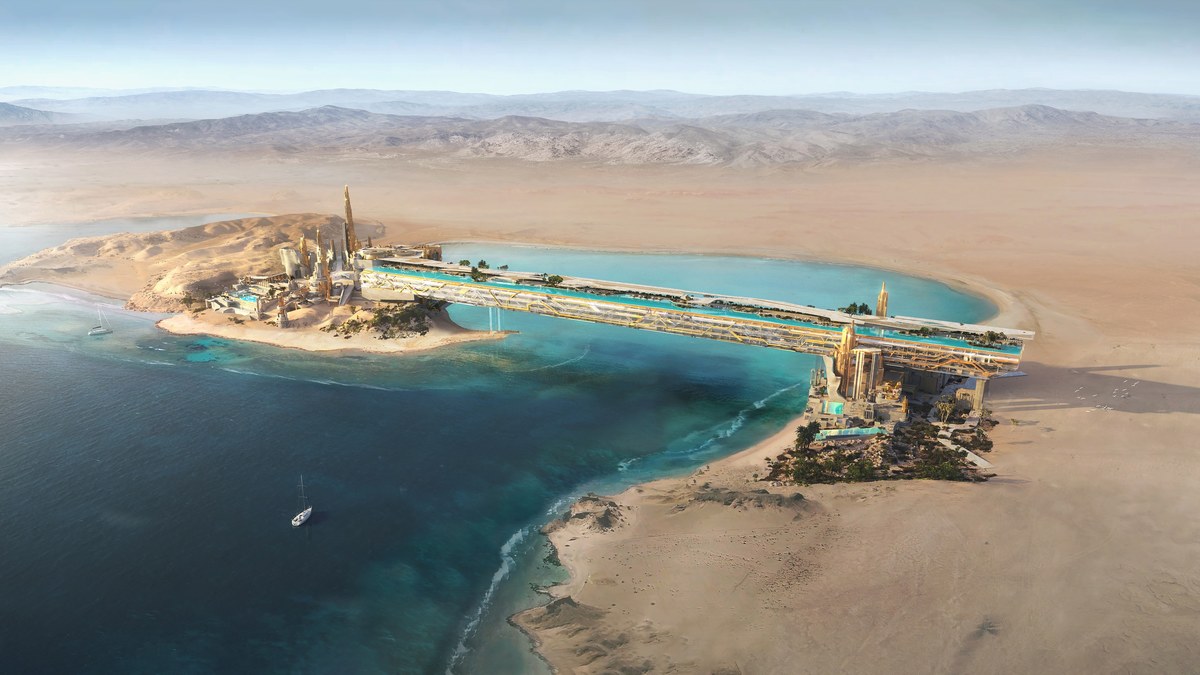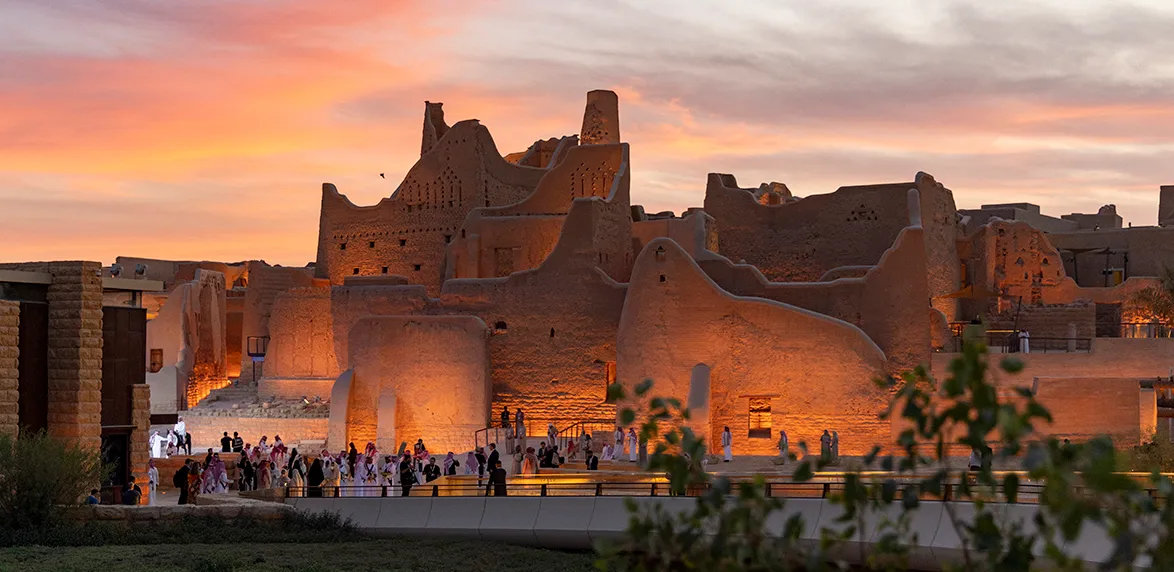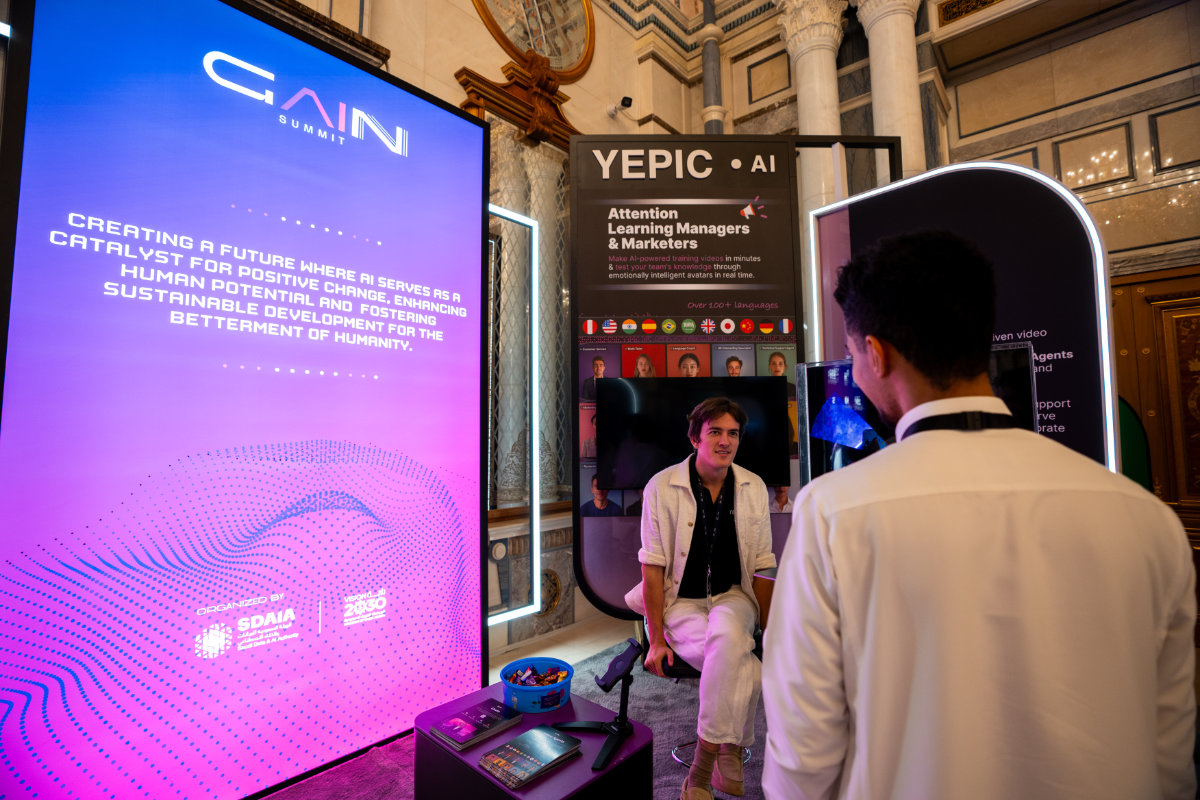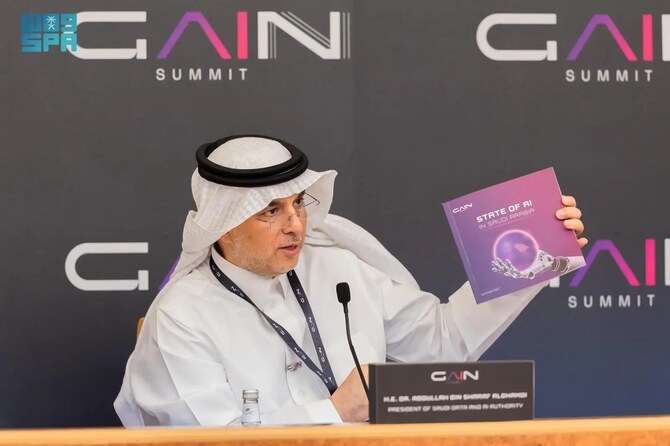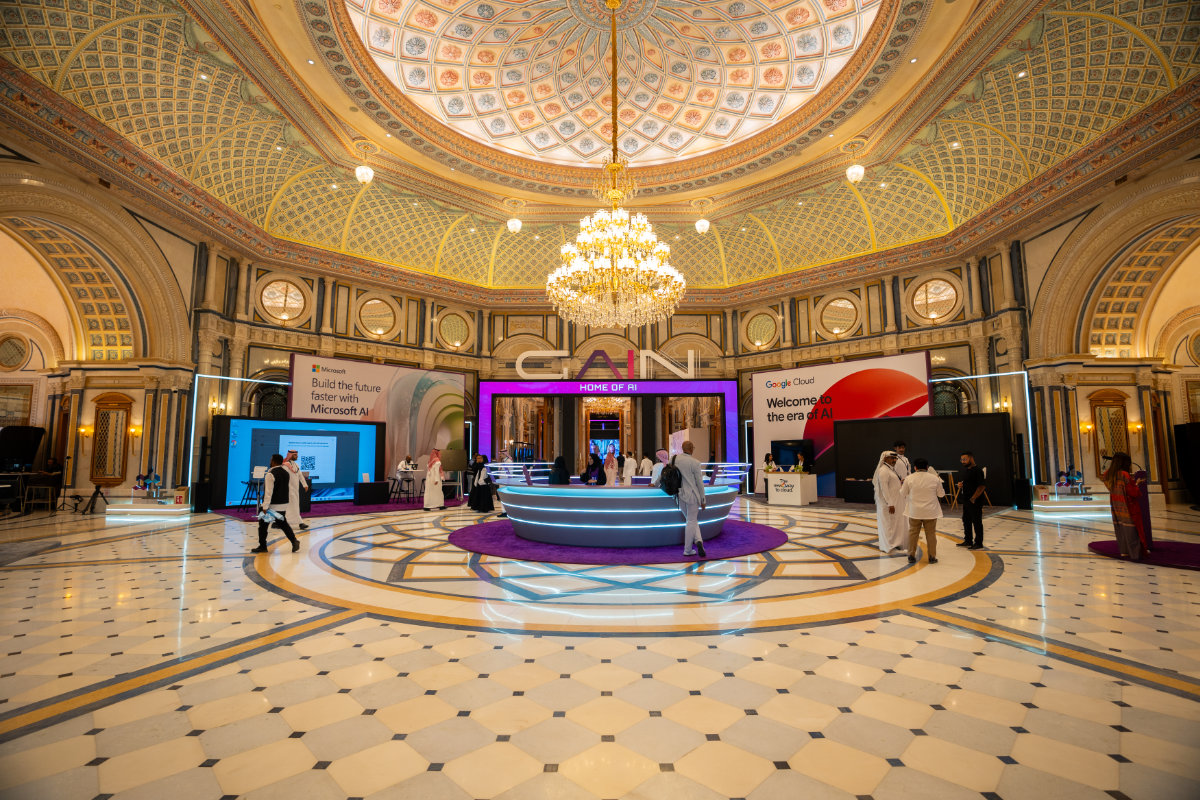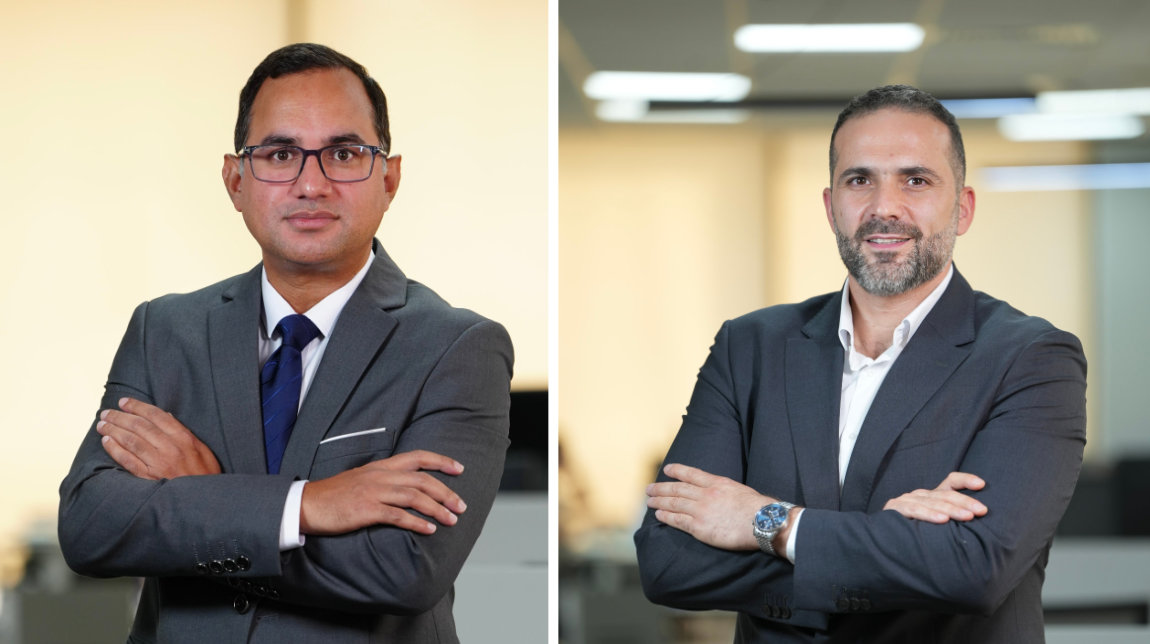JEDDAH: The Kingdom decided to introduce aquaculture more than 40 years ago, leading to the establishment of the National Fisheries Center. Since then, the sector has undergone significant development through international partnerships and collaborations, particularly with the Food and Agriculture Organization.
Aquaculture today plays a vital role in helping to achieve the objectives of Saudi Vision 2030, diversifying national income sources, and transforming the sector into a genuine industry that contributes to the Kingdom’s food security.
Following its launch, the National Livestock and Fisheries Development Program has enabled the Kingdom to build expertise, forming a solid foundation for achieving future goals.

Aquaculture is also encouraging growth and prosperity for coastal and rural areas, while preserving biodiversity and the environment. (Supplied/KAUST)
Abdul Majeed Al-Shehri, director of corporate communications and partnerships at the program, gave Arab News a look at the program and its developments.
He said: “We are working, through integration with other sectors, in food industries to improve production efficiency and add value to achieve self-sufficiency.
HIGHLIGHT
Aquaculture in Saudi Arabia is encouraging growth and prosperity for coastal and rural areas, while preserving biodiversity and the environment.
“This includes the establishment of Animal Protein City in the Jazan region, which aims to build emerging food clusters and develop logistical services for supply chains. In numbers, we have increased aquaculture production from 32,000 tonnes in 2016 to 120,000 tonnes in 2022.”
Aquaculture is also encouraging growth and prosperity for coastal and rural areas, while preserving biodiversity and the environment.

Aquaculture today plays a vital role in helping to achieve the objectives of Saudi Vision 2030, including diversifying national income sources. (Supplied/KAUST)
According to an official statement, the sector has linked with other agricultural, medical, pharmaceutical, and cosmetic industries, and contributed to the development of related industries such as seafood processing, feed production, and fishery-based manufacturing industries.
A diverse range of aquatic species have been introduced to suit the various geographic and climatic regions of the Kingdom, including Nile tilapia, carp, ornamental fish, and sturgeon in inland waters, and barramundi, marine tilapia, gilthead seabream, European seabass, and sea cucumber in marine ecosystems.
The introduction of rainbow trout has also seen encouraging success, alongside the implementation of modern technologies like closed systems in farming operations.
In numbers, we have increased aquaculture production from 32,000 tonnes in 2016 to 120,000 tonnes in 2022.
Abdul Majeed Al-Shehri, National Livestock and Fisheries Development Program, corporate communications director
The aquaculture sector in Saudi Arabia produces over 140,000 tonnes annually, with a distribution of 25 percent from inland fish farms and 75 percent from marine water projects.
Several cultured products are exported, including shrimps, certain types of fish, ornamental fish, and sea cucumbers. Annually, 59,844 tonnes of fish and shrimps are exported, with a total value of SR1.1 billion ($293 million).

Aquaculture today plays a vital role in helping to achieve the objectives of Saudi Vision 2030, including diversifying national income sources. (Supplied/KAUST)
Biosecurity monitoring programs have enhanced quality and safety standards, resulting in Saudi aquaculture products being sought by consumers in nearly 35 countries.
Countries importing shrimps from the Kingdom include Japan, China, the US, Australia, South Korea, the Philippines, Singapore, Thailand, Malaysia, Taiwan, Vietnam, Myanmar, the Netherlands, South Africa, the EU countries, and Russia.
Al-Shehri said: “In the field of shrimp farming, we cultivate whiteleg shrimp. We also have an initiative for applied research to explore the introduction of several new species suitable for farming in the Kingdom, in collaboration with KAUST (King Abdullah University of Science and Technology).
“Additionally, we are working on cultivating several types of microalgae and have studied two species of seaweed.”
Alongside increasing the aquaculture sector’s contribution to food security and achieving self-sufficiency in seafood, Al-Shehri added: “We aim for the sector to play a major role in providing fresh and healthy seafood to the community, with leadership focused on improving quality of life and transitioning to healthier lifestyles.
“This includes increasing the seafood consumption rate to the global average of 18 percent by 2030.”
He added that the seafood consumption rate in the Kingdom had increased from 9 percent in 2016 to 13 percent in 2023.
The National Center for Fisheries Research in Jeddah, which was established in 1982, has played a pivotal role in advancing aquaculture research and development in Saudi Arabia.
The center has contributed to sharing its knowledge with the private sector to boost shrimp production projects, as well as cultivating marine tilapia in fully saline water and introducing barramundi to the Kingdom.
Collaborative studies with institutions like KAUST have been instrumental in assessing stocks of fish species and looking at critical habitats, guiding conservation efforts.
Inland aquaculture initiatives, such as the partnership with the Innovators Center at King Abdulaziz University, highlight the center’s dedication to exploring modern technologies and enhancing productivity in aquaculture systems.
Al-Shehri said: “We (have) launched the National Livestock and Fisheries Development Program, which includes an initiative to develop fishing ports. This initiative has worked on developing 16 fishing ports, intending to develop 28 more, bringing the total number of ports to 44 across various locations in the Kingdom. This initiative has reduced fishing effort by 40 percent.
“We (have) also conducted a study in collaboration with KAUST to assess the stocks of major fish species and critical fishery habitats.”
In addressing the challenge of aquatic diseases, the center has set a high standard for biosecurity and quality control in aquaculture projects.
Since its inception, the program has been highly effective in safeguarding aquaculture organisms from diseases. Currently, 95 percent of aquaculture projects in the Kingdom are certified under Best Aquaculture Practices.
The Fish Health and Safety Laboratory in Jeddah serves as the reference diagnostic laboratory for the World Organisation for Animal Health in the Middle East. The laboratory provides comprehensive diagnostic reports for companies and entities requiring aquatic health testing.
It recently earned the ISO/IEC 17025 certification for testing laboratories and has established a twinning program with the University of Arizona’s Aquatic Animal Health Laboratory.
Saudi Arabia earlier this year chaired the 36th session of the Committee on Fisheries in Rome, an international government forum at which members reviewed and discussed global fishery and aquaculture challenges.















